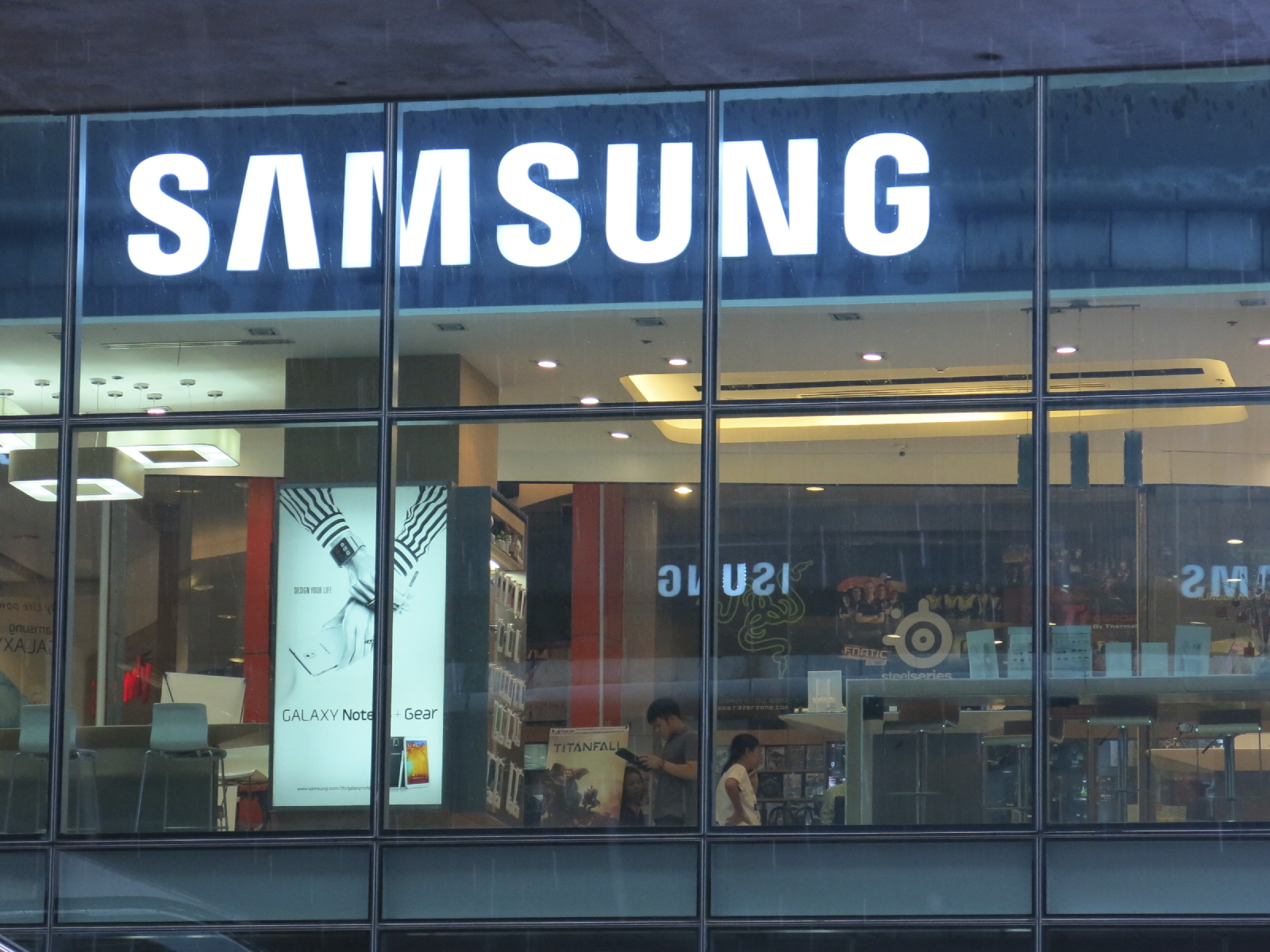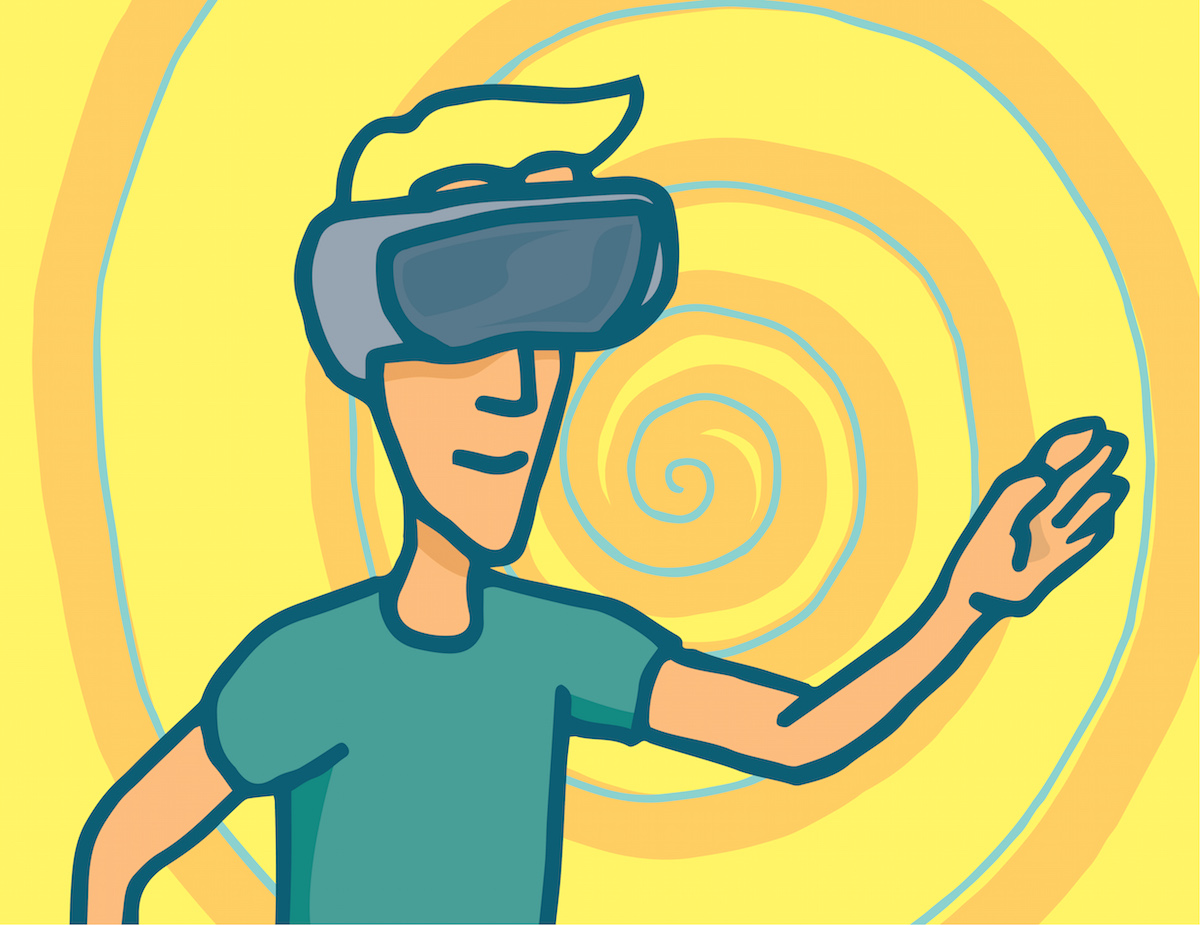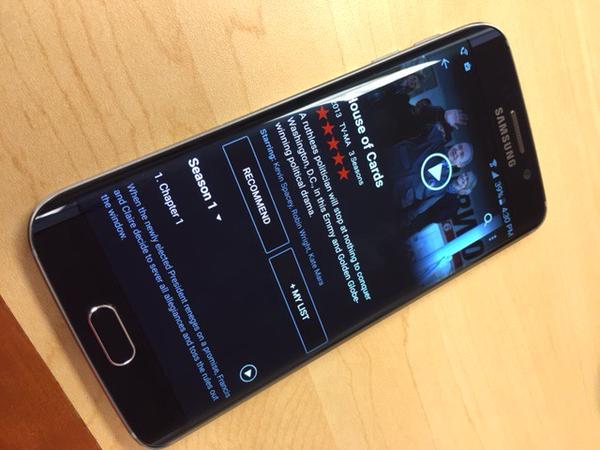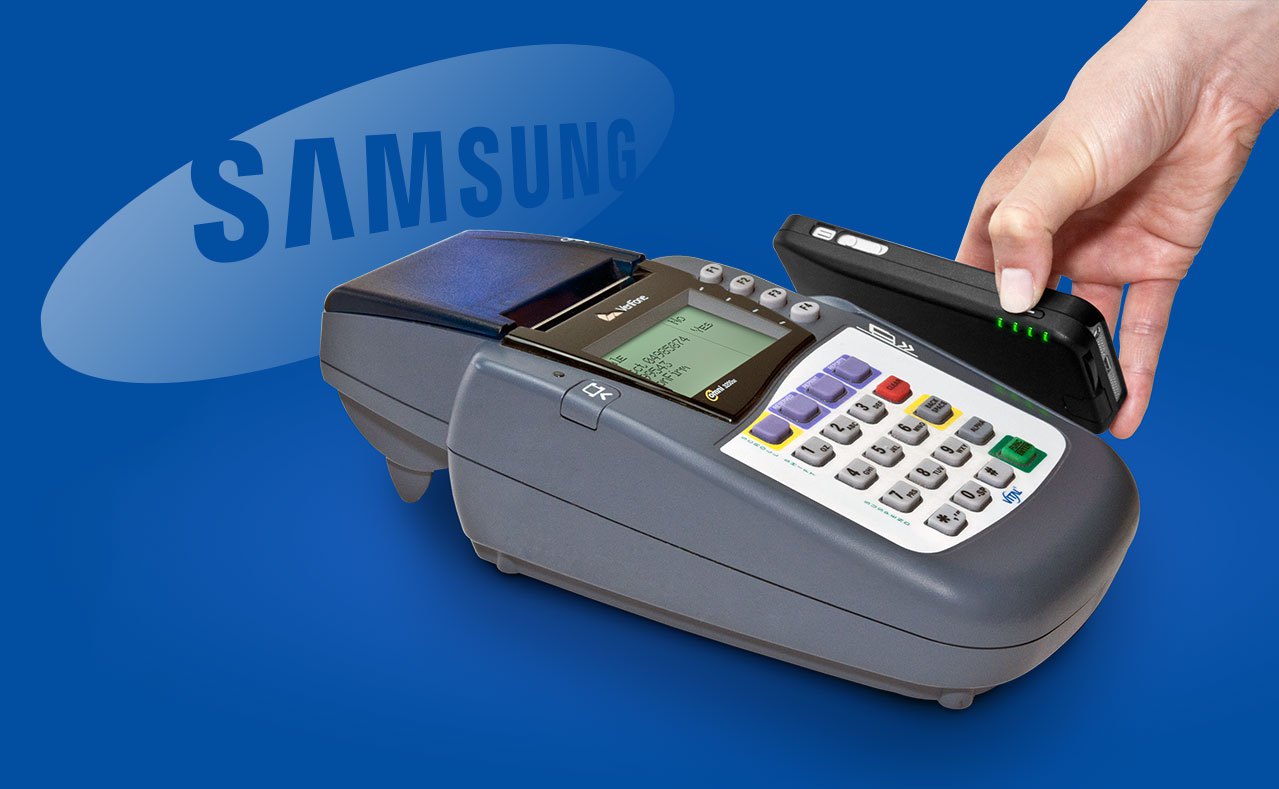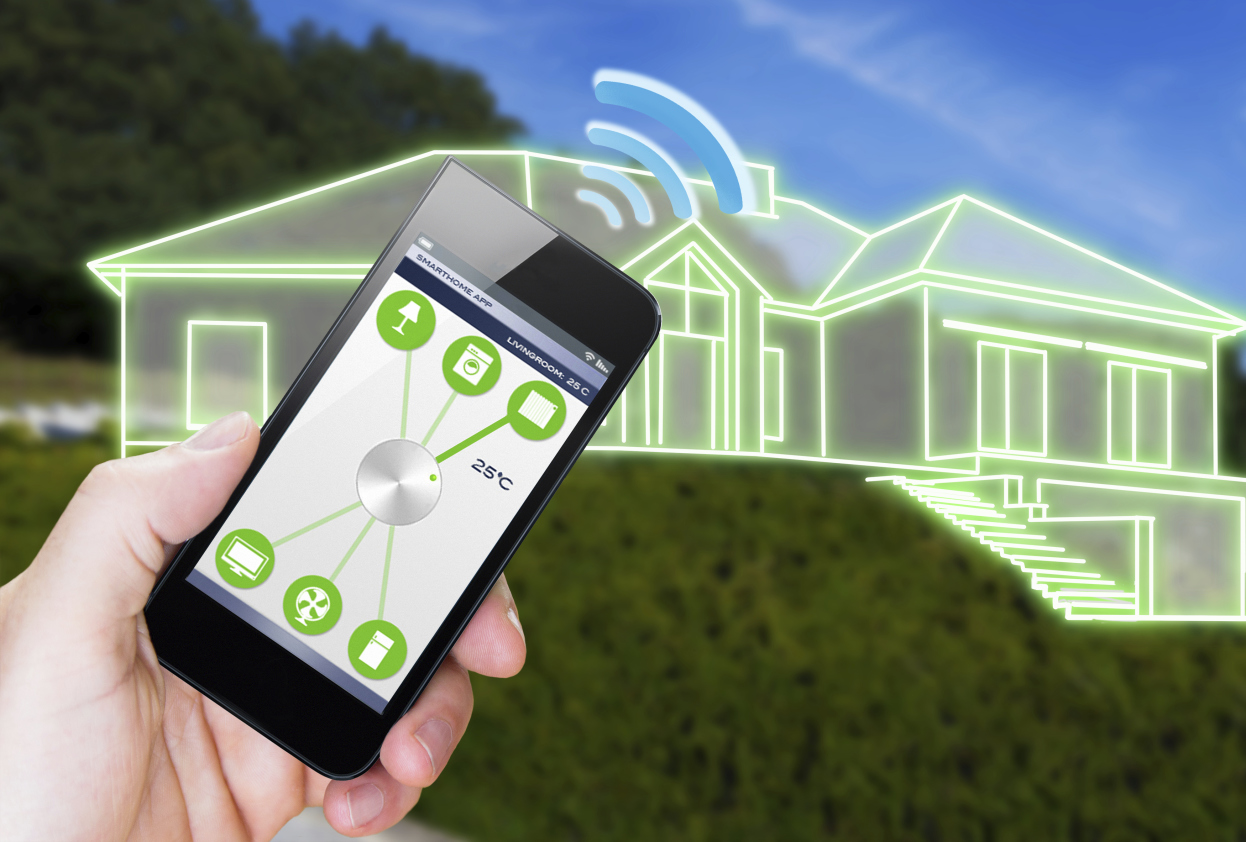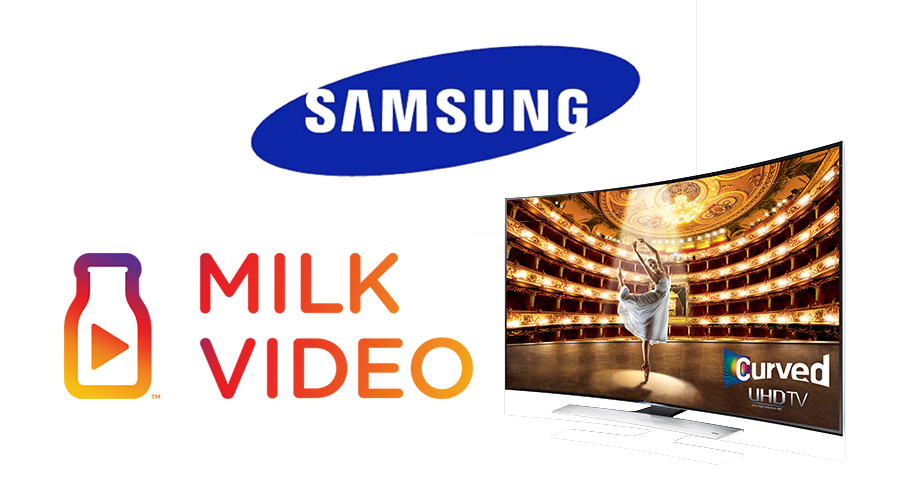What Happened
Yesterday Samsung unveiled its newest phablet offers – the Galaxy Note 5 and S6 Edge+, both of which will come with Samsung’s answer to Apple Pay built in. Similar to its competitors, Samsung Pay allows users to pay at stores with major credit cards by simply tapping their phones at a NFC-enabled card reader and authenticating their identity with a fingerprint scan.
More importantly, however, Samsung Pay can also work with traditional magnetic credit card readers. In addition to the NFC support, it also broadcasts short-range wireless fields that mimic magnetic card swipes. Samsung has planned a beta program in August, and will be rolling it out to Note 5 and S6 Edge+ users in September or October.
What Brands Should Do
As the mobile payment space continues to evolve and diversify, a rapidly increasing number of smartphone users will be adopting it as more options become available. Businesses would be wise to start developing a holistic digital payment strategy to stay ahead of the adoption curve. In addition to its aforementioned compatibility with the vast majority of payment terminals, Samsung Pay will also support some store credit cards, which means retailers can easily incorporate their rewards and loyalty program into point of sale system.
Source: Re/Code
